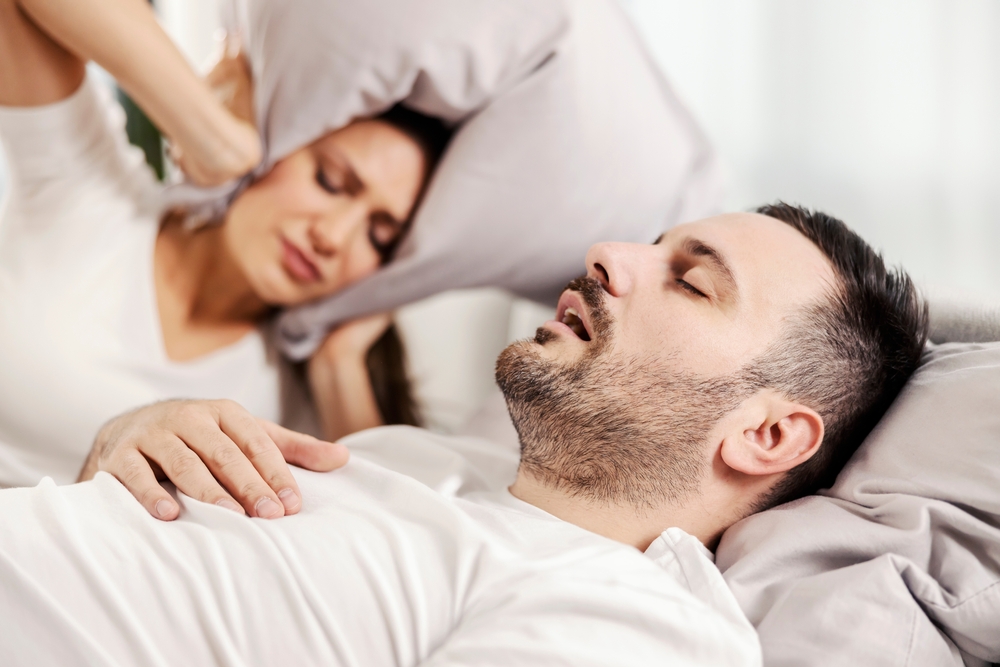Sleep apnea is a serious sleep disorder characterized by repeated interruptions in breathing during sleep. These interruptions, called apneas, typically last 10 seconds or longer and can occur many times throughout the night.
Types of Sleep Apnea
- Obstructive Sleep Apnea (OSA): Caused by a physical blockage of the airway, usually when the soft tissue in the back of the throat collapses during sleep.
- Central Sleep Apnea: Occurs when the brain fails to send the proper signals to the muscles that control breathing.
- Complex (Mixed) Sleep Apnea: A combination of obstructive and central sleep apnea.
Common Symptoms
People with sleep apnea often experience:
- Loud snoring
- Gasping for air during sleep
- Excessive daytime sleepiness
- Morning headaches
- Difficulty concentrating
- Dry mouth or sore throat upon waking
Health Risks
If left untreated, sleep apnea can increase the risk of high blood pressure, heart disease, stroke, diabetes, and depression. It can also impair daytime performance and raise the risk of accidents.
Treatment Options
Effective treatments may include lifestyle changes (weight loss, quitting smoking), use of CPAP machines, oral appliances, or in some cases, surgery. It’s important to consult with a sleep specialist for proper diagnosis and treatment planning.
Recognizing and addressing sleep apnea is essential for your overall health and well-being. If you or someone you know experiences symptoms, seek medical advice promptly.
